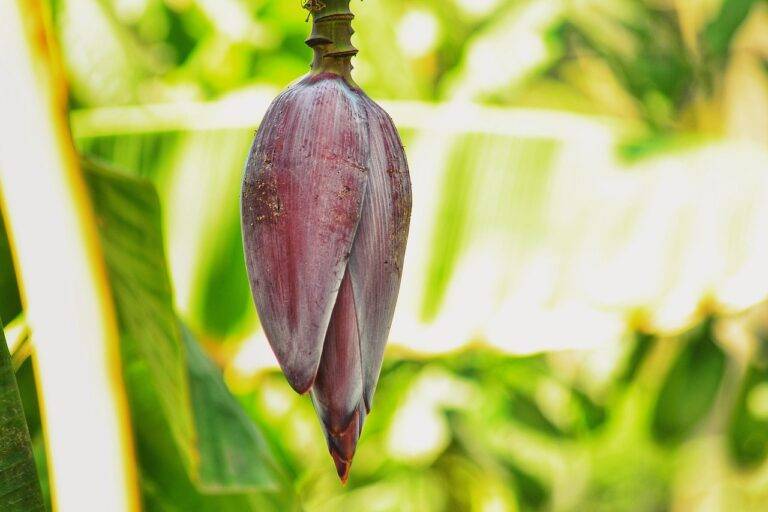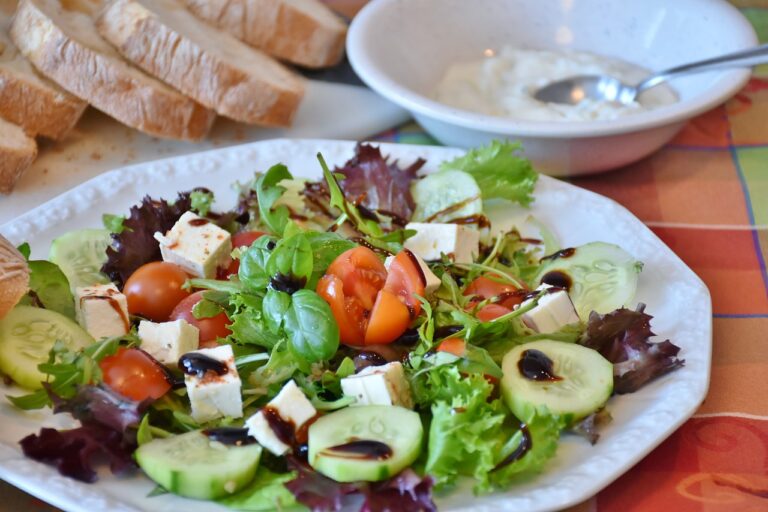Food Storage for Preppers: Essential Supplies and Strategies: Cricbet99 book, Reddy book 247, Play lotus 365 com
cricbet99 book, reddy book 247, play lotus 365 com: Food storage is a crucial aspect of prepping for emergencies or disasters. Having an adequate supply of food on hand can provide peace of mind and ensure that you and your loved ones are well taken care of during challenging times. In this article, we will discuss essential supplies and strategies for food storage for preppers.
Stocking up on non-perishable items is a foundational step in preparing for emergencies. Canned goods, dried beans, rice, pasta, and other staples with long shelf lives are essential for a well-rounded food supply. It is recommended to have a variety of foods to ensure a balanced diet during an extended emergency situation.
In addition to non-perishable items, it is essential to have a supply of water for drinking, cooking, and hygiene purposes. The general guideline is to store at least one gallon of water per person per day for a minimum of three days. Water storage containers should be food-grade and properly sanitized to prevent contamination.
Rotating your food supply is crucial to ensure that your stockpile remains fresh and safe to consume. First in, first out (FIFO) is a useful method for organizing your food storage. By placing new supplies behind older ones, you can easily access the oldest items first, preventing food waste and spoilage.
Properly labeling your food storage containers with the purchase date and expiration date can help you keep track of your supply and identify items that need to be rotated or replenished. Additionally, storing food in a cool, dark, and dry location can extend its shelf life and preserve its quality.
Investing in a variety of storage containers, such as plastic bins, jars, and vacuum-sealed bags, can help you organize and protect your food supply. Be sure to choose containers that are durable and airtight to prevent pests and moisture from compromising your supplies.
Consideration should also be given to dietary restrictions or preferences when stocking up on food supplies. Individuals with allergies or special dietary needs should ensure that their food storage includes suitable alternatives. Additionally, having comfort foods or treats on hand can provide a sense of normalcy during stressful situations.
Incorporating home-grown or foraged foods into your food storage plan can help diversify your supply and reduce reliance on store-bought items. Canning, dehydrating, or fermenting fresh produce can extend its shelf life and add nutrient-rich options to your emergency food supply.
Furthermore, learning how to cook and prepare meals using your food storage supplies is essential for making the most of your resources during an emergency. Practice cooking with your stored ingredients to familiarize yourself with different recipes and cooking methods that can sustain you and your family.
FAQs:
1. How long can canned goods last in storage?
Canned goods can last for several years if stored in a cool, dry place away from sunlight. Be sure to check expiration dates and rotate your stock to ensure freshness.
2. Is it necessary to store water in addition to food supplies?
Yes, water is essential for hydration and cooking. It is recommended to store at least one gallon of water per person per day for a minimum of three days.
3. How can I incorporate my food storage supplies into my daily meals?
Practice cooking with your stored ingredients to familiarize yourself with different recipes and cooking methods. Experiment with creating balanced meals using your food supply.
4. What are some alternative food storage methods?
Canning, dehydrating, and fermenting fresh produce are alternative methods for extending the shelf life of perishable foods. These methods can help diversify your food supply.
In conclusion, food storage is a critical aspect of preparedness for emergencies or disasters. By stocking up on non-perishable items, rotating your supplies, and storing food properly, you can ensure that you and your loved ones are well-equipped to weather any storm. Adding variety to your food supply, considering dietary needs, and learning cooking skills are essential components of a comprehensive food storage plan. By following these strategies and investing in essential supplies, you can build a robust food supply that will sustain you in challenging times. Stay prepared, stay safe, and stay well-fed.







